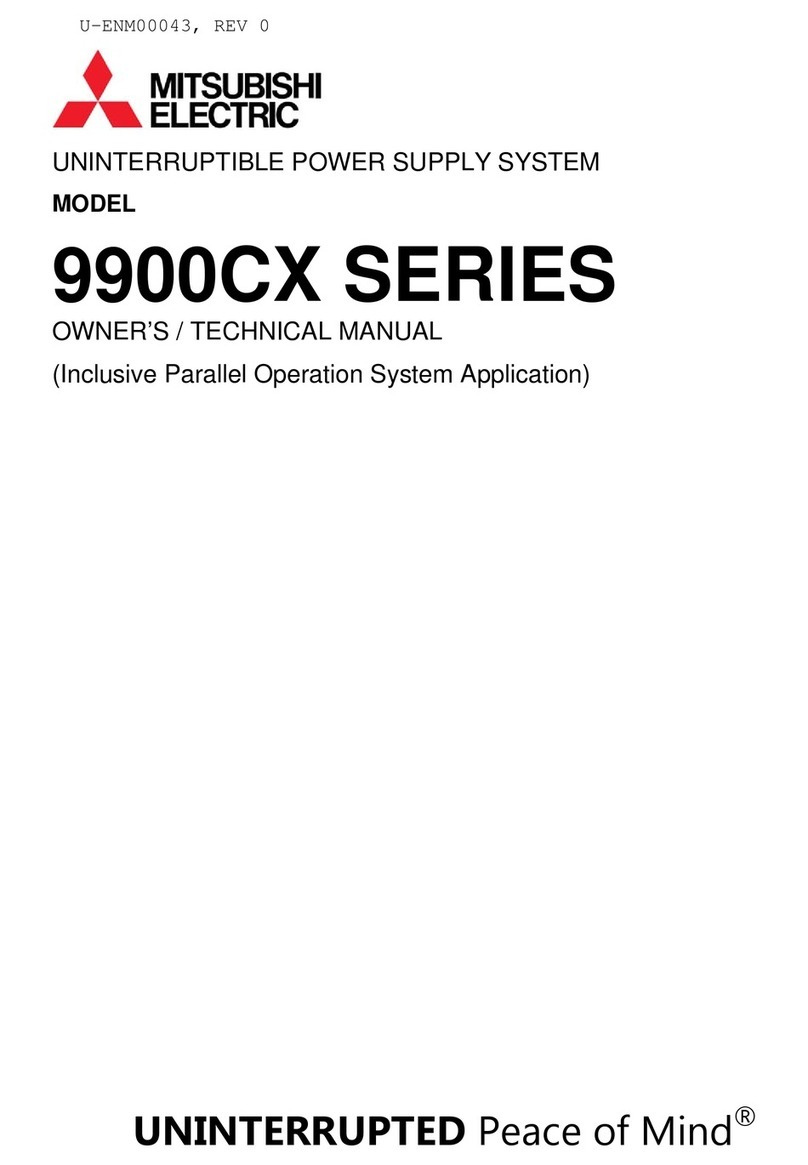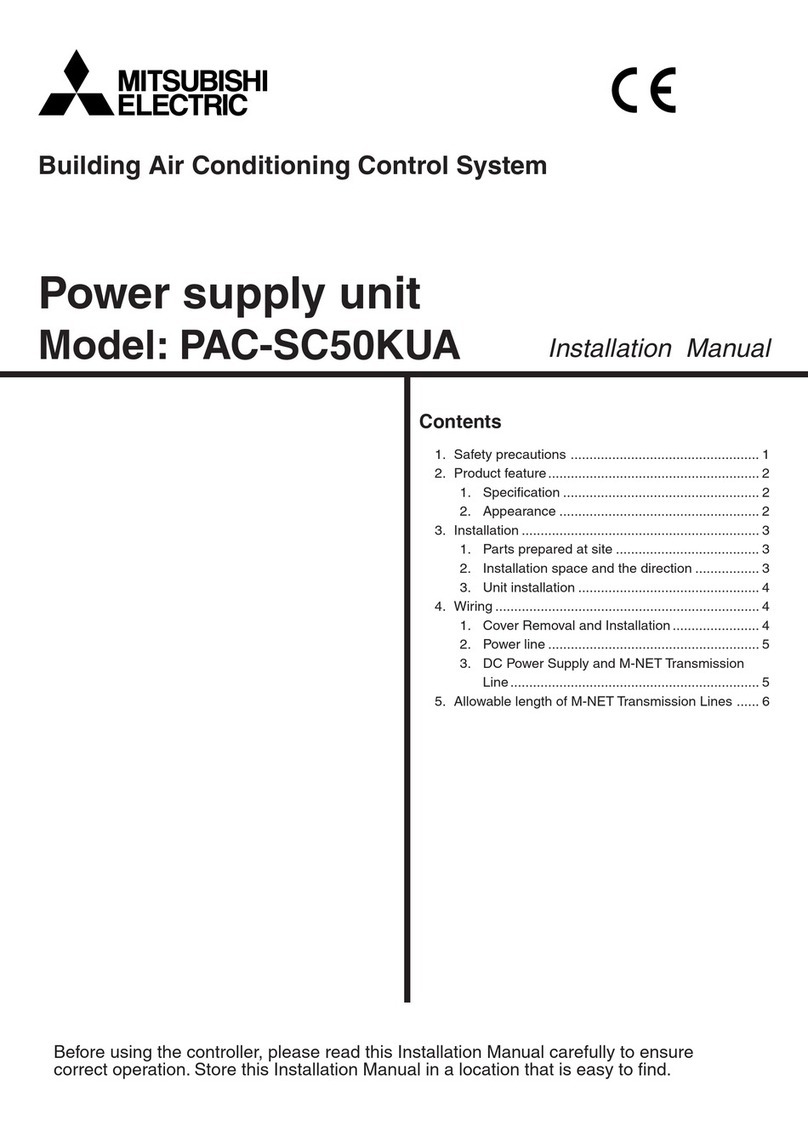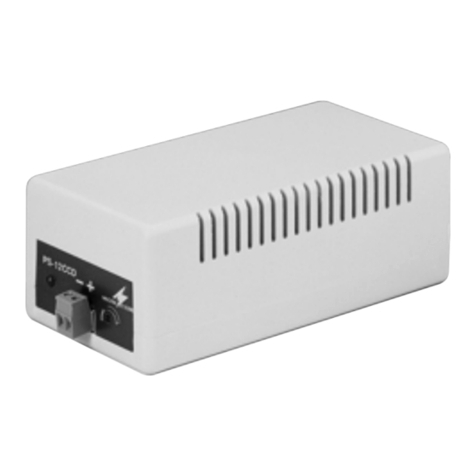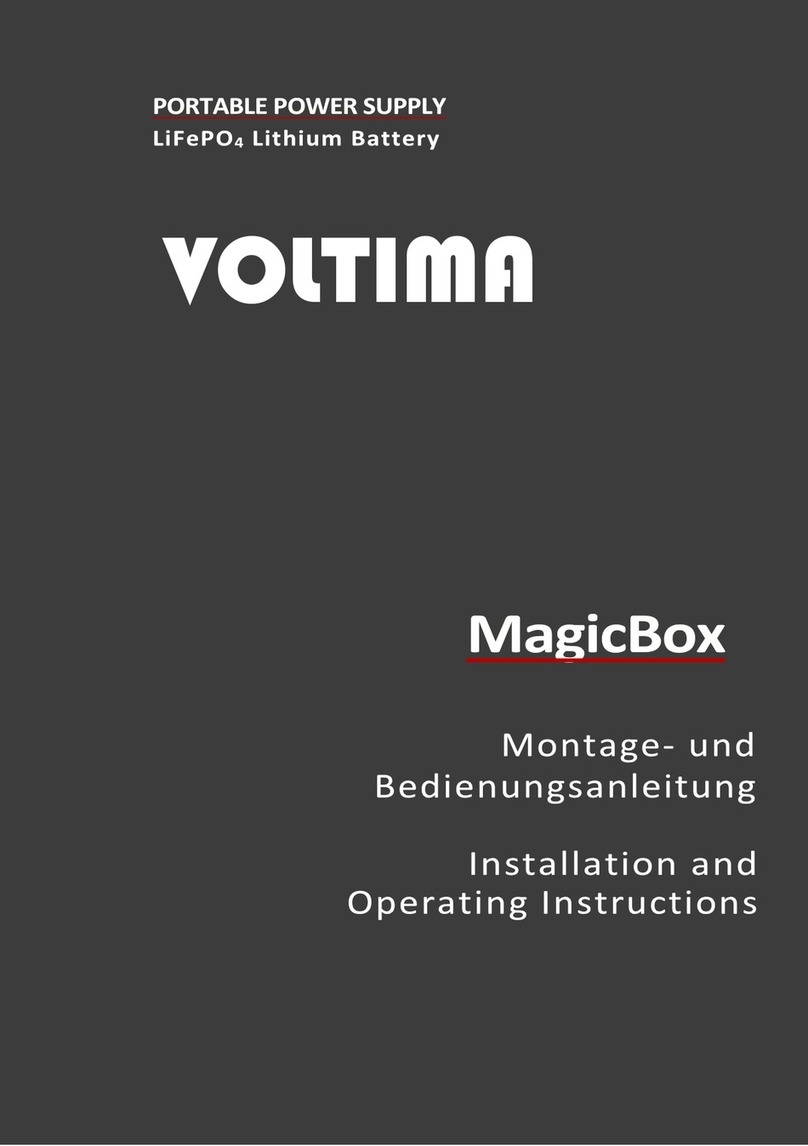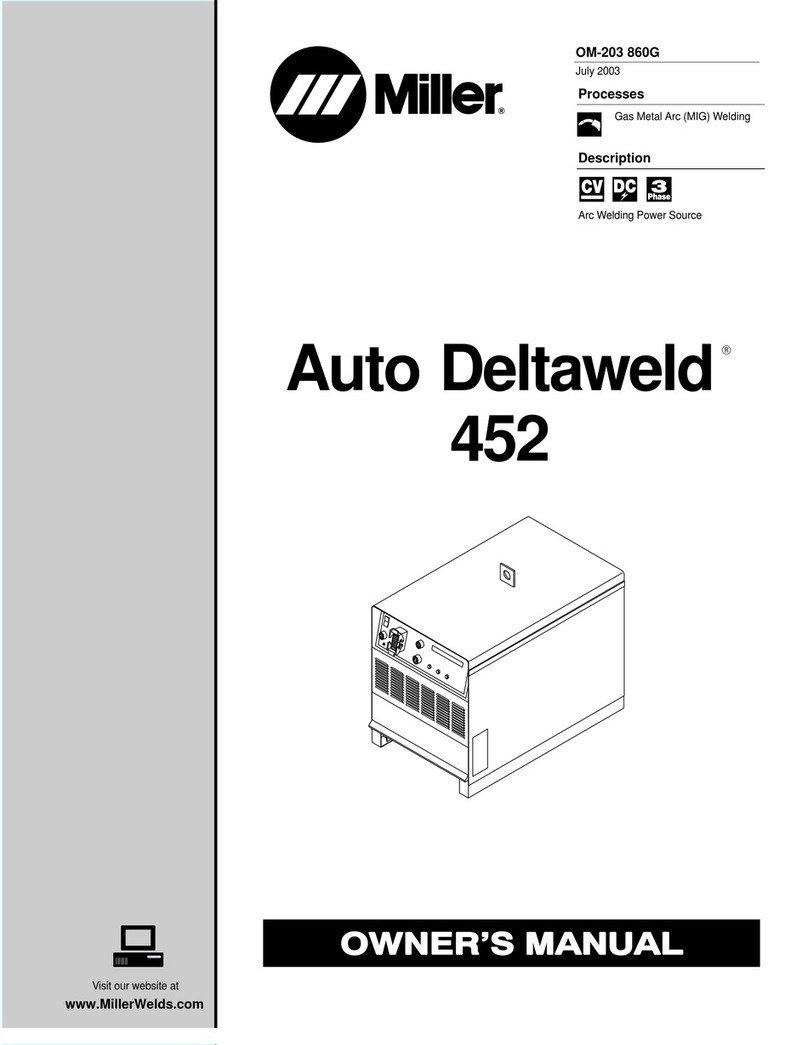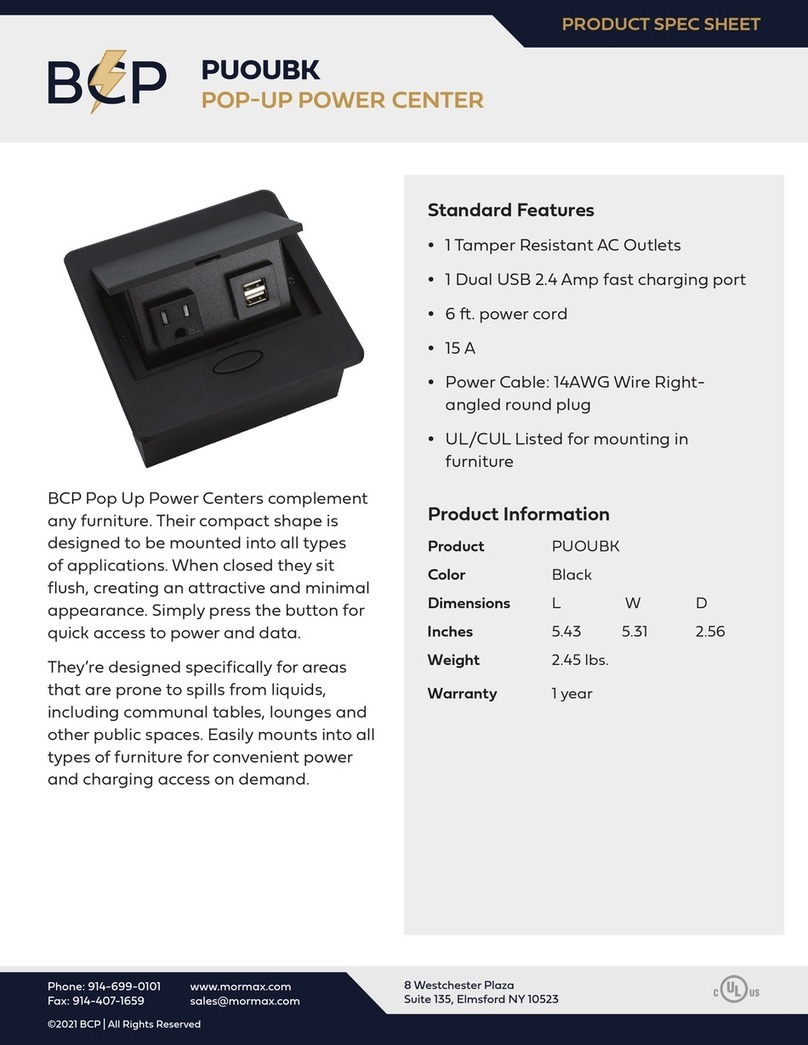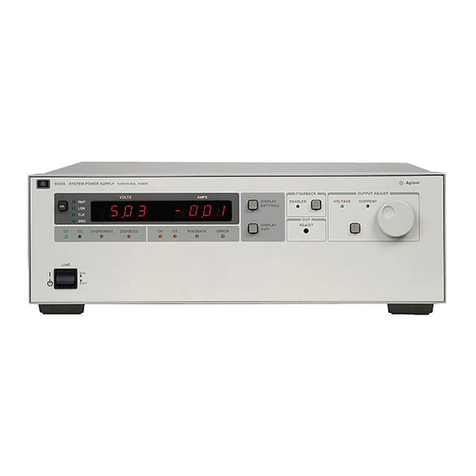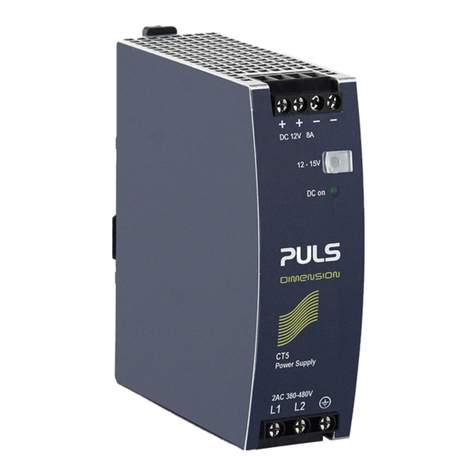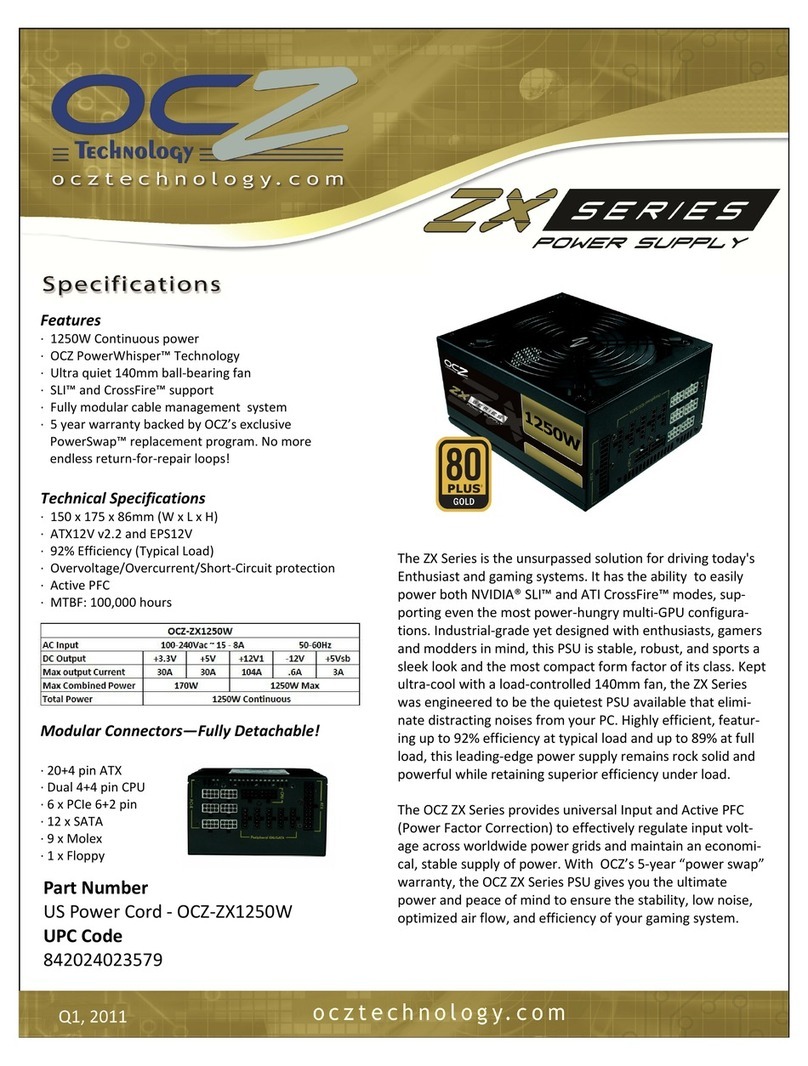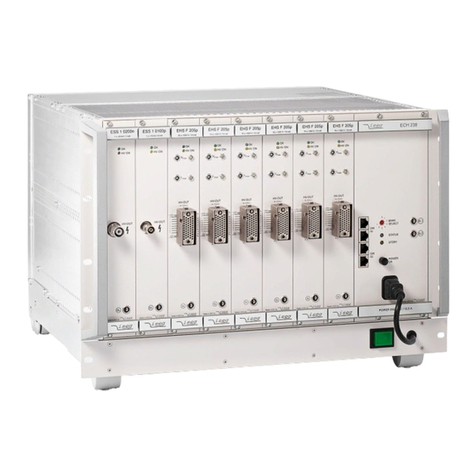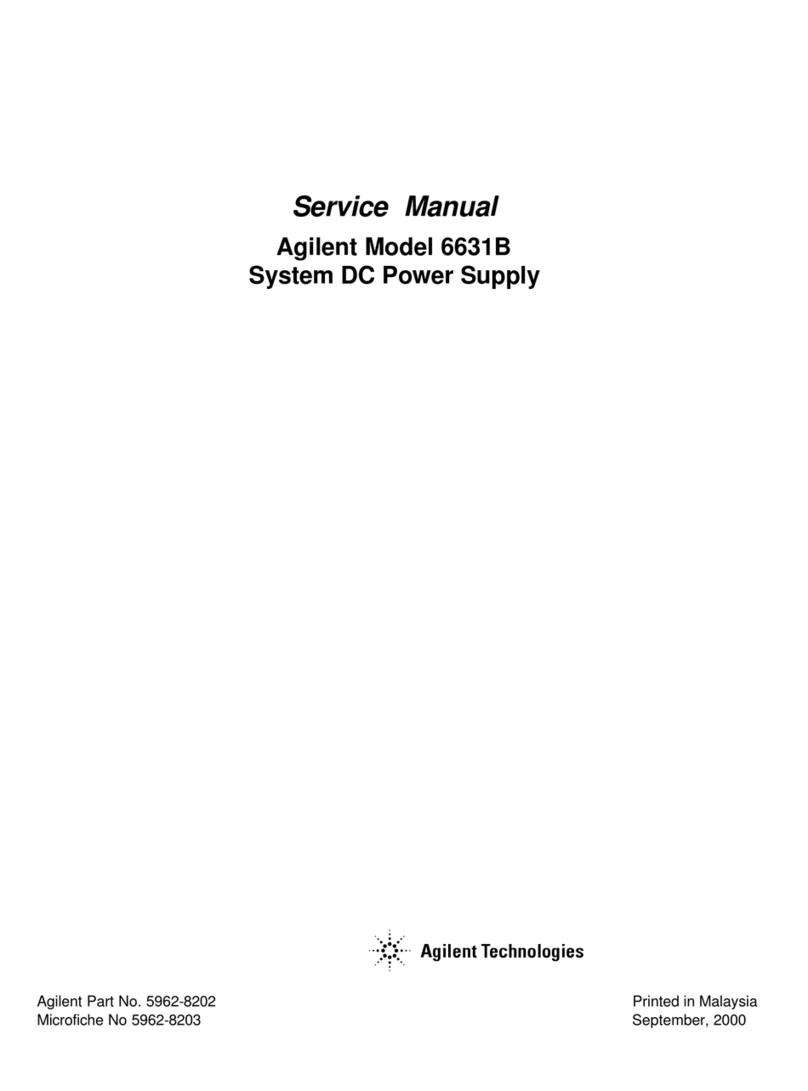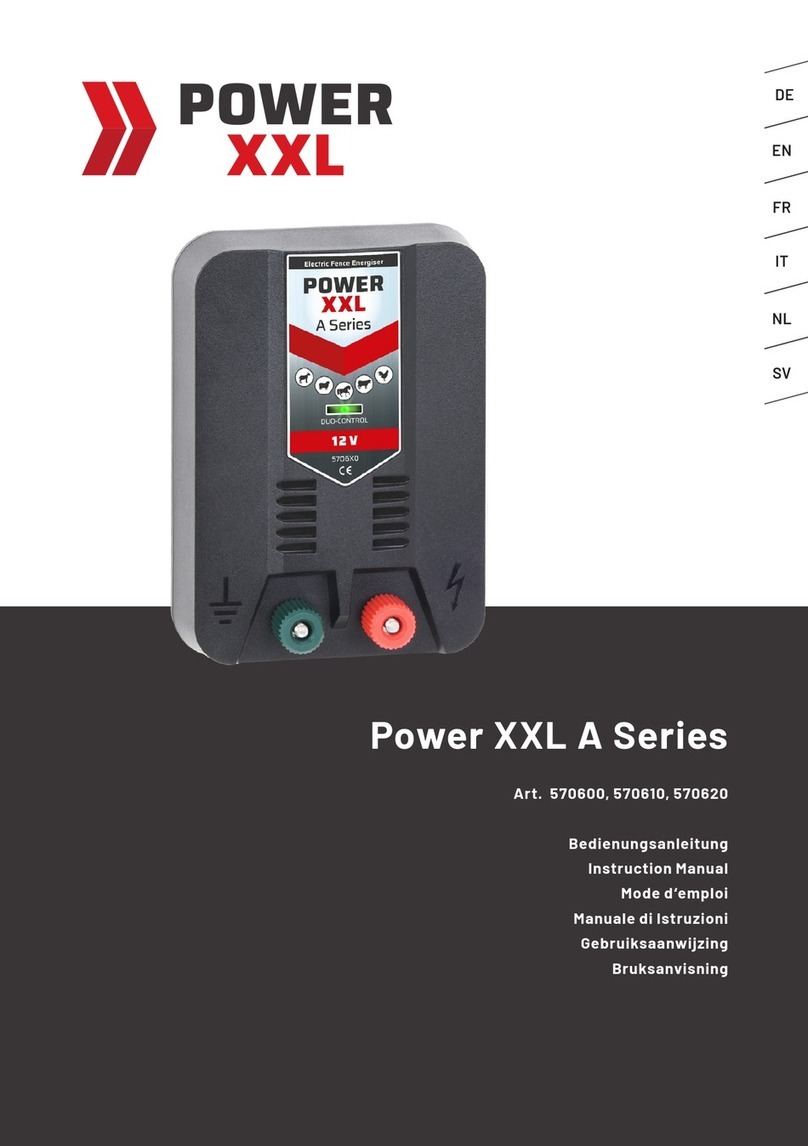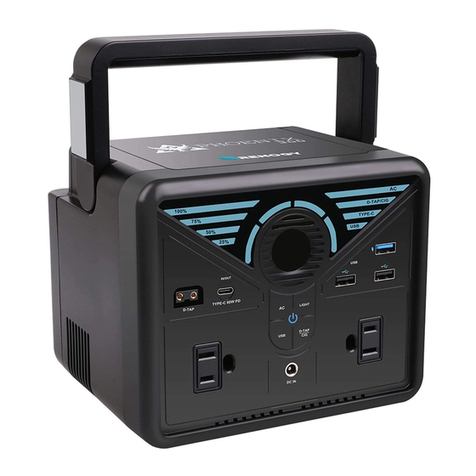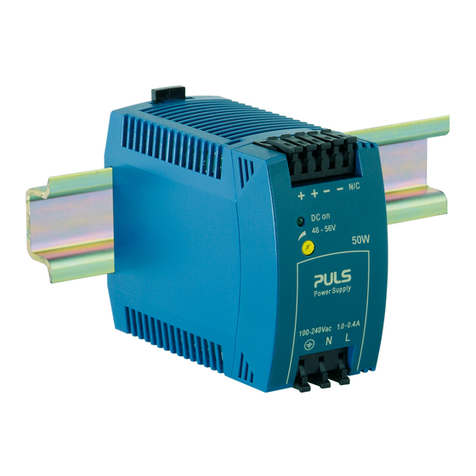
MITSUBISHI ELECTRIC 9900D SERIES UPS
OWNERS / TECHNICAL MANUAL
LIST OF FIGURES
Figure 1.1 Single Line Diagram-
Normal Operation: Load powered by UPS inverter.................................. 1-7
Figure 1.2 Single Line Diagram-
Bypass Operation: Load Fed through static bypass line.......................... 1-8
Figure 1.3 Single Line Diagram-Battery Operation.................................................... 1-9
Figure 1.4 UPS Parts Location .................................................................................. 1-11
Figure 2.1 Operation/Display Panel ........................................................................... 2-1
Figure 2.2 Main Screen.............................................................................................. 2-3
Figure 2.3(a) Start/Stop Operation ................................................................................. 2-4
Figure 2.3(b) Start Operation.......................................................................................... 2-4
Figure 2.3(c) Stop Operation.......................................................................................... 2-4
Figure 2.4(a) Input Values .............................................................................................. 2-4
Figure 2.4(b) Output Values ........................................................................................... 2-4
Figure 2.5 Remote/Local Operation or Date & Time Adjustment Select................... 2-5
Figure 2.6(a) Log Menu .................................................................................................. 2-5
Figure 2.6(b) Event Log.................................................................................................. 2-6
Figure 2.6(c) Battery Log................................................................................................ 2-6
Figure 2.7 Main Screen (Battery Operation).............................................................. 2-6
Figure 2.8 Main Screen (Fault Indication).................................................................. 2-7
Figure 2.9 Message Screen....................................................................................... 2-7
Figure 2.10(a) External Signal Terminal Block TN21-25 (NEC Class2) ............................. 2-8
Figure 2.10(b) External Signal Terminal Block TN11-14 (NEC Class2) ............................. 2-9
Figure 2.11 Control Wiring for External Contacts ........................................................ 2-10
Figure 2.12 Remote "Start" Contact Connections ....................................................... 2-12
Figure 2.13 External Communication Connector......................................................... 2-15
Figure 3.1 Forklift Lifting Side ................................................................................... 3-1
Figure 3.2 Side that cannot be Lifted ....................................................................... 3-1
Figure 3.3 UPS Center of Gravity Markers .............................................................. 3-2
Figure 3.4 Acceptable and Unacceptable UPS Alignment ...................................... 3-3
Figure 3.5 Shim Contact Around Base Channel Mounting Holes ............................ 3-4
Figure 3.6 UPS Terminal Designation ...................................................................... 3-9
Figure 3.7 Diagram of Input/Output Bus Bars and Terminal Blocks ........................ 3-10
Figure 3.8 Diagram of Power Wire and Control Wire Interconnection between
UPS and Battery ..................................................................................... 3-11
Figure 3.9 Diagram of power wire connections
(Parallel Operation system connection) ................................................... 3-12
Figure 3.10(a) Diagram of Power Wire & Control Wire Connect
(Parallel Operation system connection 2x to 8x) .................................... 3-13
Figure 3.10(b) Outline Drawing of IFAU-16 and
the Parallel System Operation Connection ............................................. 3-14
Figure 3.11 UVR Terminal Block ................................................................................ 3-15
Figure 3.12 Diagram of UVR and UPS Connections ................................................. 3-15

